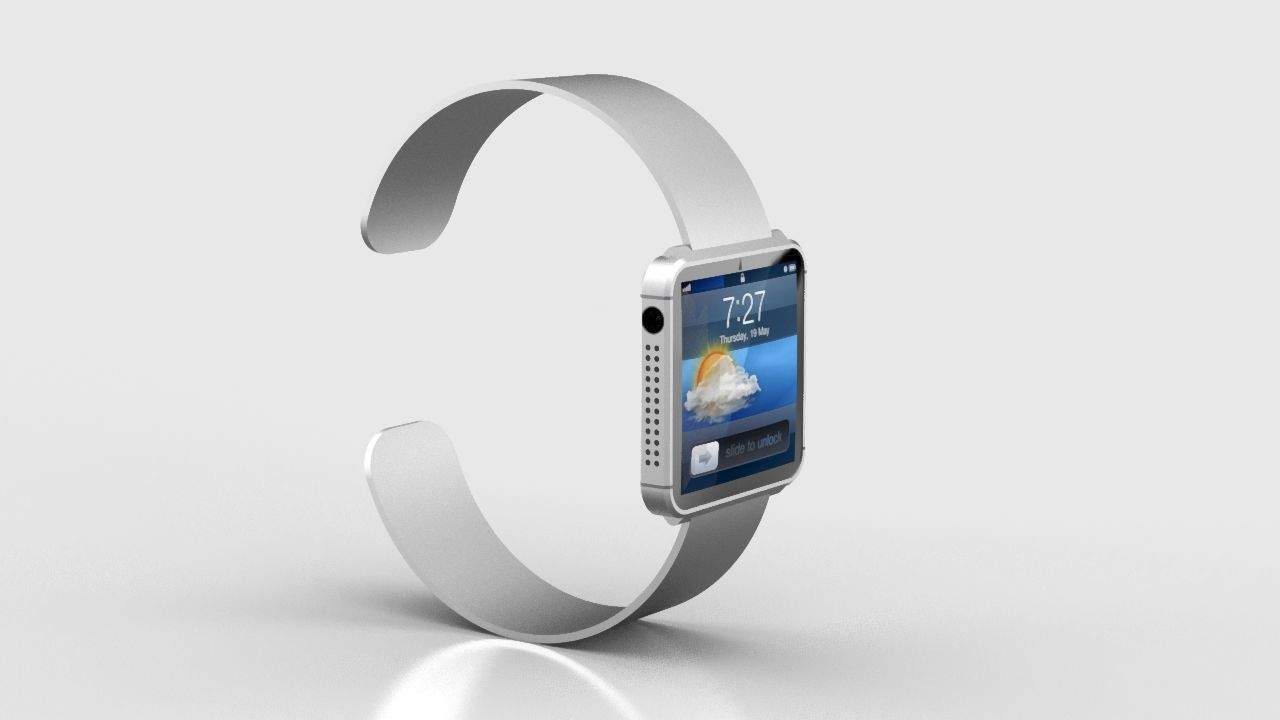I’ve written a lot about Apple’s ability to create new markets, which may be among its chief contributions to the world.
In several cases, from media players to multi-touch phones to tablets, others in the industry have tried to get a market going without success.Then Apple came along with a bold, killer information appliance and not only dominated the market, but created it.
I’ve notice a new trend lately: Now markets are being created based substantially on nothing more than the expectation that Apple will enter it with a killer product.
For example, Acer, AGENT, Androidly, Cookoo, Dell, EmoPulse, Foxconn, GEAK, Google, I’m Watch, Intel, Kreyos, LG, Martian, Metawatch, Microsoft, Pebble, Qualcomm, Rearden Technology, Samsung, Sonostar, Sony, Toshiba and Vachen are all in, will be in or will probably be in the smartwatch market, which has struggled for years to get off the ground as a mainstream category.
Why the sudden embrace by so many major companies? I think the reason is that everyone expects Apple to enter it, and by doing so create it. You’ll notice that the majority of press about smartwatches is about a rumored “iWatch” from Apple — a phantom product that Apple hasn’t announced or even discussed significantly in public.
It’s telling that a Google search for Apple iWatch (which has not been announced and does not exist) brings back more search results than Sony Smartwatch (which has existed for a long time and is on its second version). Such is the nature of Apple’s reputation.
For expensive items, the expectation that Apple will enter a market slows slows sales down because consumers hold off on buying until they find out what Apple is going to do. For example, Smart TV sales are probably artificially suppressed by the belief that Apple will announce an iTV some time in the next year or two.
In other cases, the demand Apple creates may be driving sales for competitive products. For example, I believe Apple created both the demand and the market for multi-touch tablets with the iPad. They were first to create widespread demand for retina displays with the iPhone. And they helped Android competitors drive demand for the 7-inch tablet with the iPad Mini.
In the minds of consumers, these mostly Apple-generated expectations and desires culminated in a very widespread demand for a Retina-quality iPad Mini, which many believe would be the perfect tablet and the one they really want. And I think that, to some degree, is sending sales of Google’s recently announced Nexus 7 tablet through the roof. (Android fans will scoff at this notion, but I personally know several people who were intending to wait for a Retina iPad mini who jumped ship and bought a Nexus 7).
A similar phenomenon may take place with the upcoming Sony Smartwatch 2, if it’s a better product than the first version. The same goes for other smartwatches that ship before Apple announces the assumed iWatch.
The ability of Apple to create markets before they enter them is a function, by the way, of three phenomena:
1. Apple’s great reputation. We saw this with the iPad. Before anyone had even seen it, people were already lining up to buy it. People expected Apple to ship a solid, elegant, beautiful device because of Apple’s previous products, and Apple delivered on that expectation.
2. The impossibility of keeping secrets. If Apple had it their way, nobody would be talking about the iWatch and iTV. But it’s impossible to build anything at Apple scale without involving numerous partners all over the world. At some point, people are going to leak and speculate, triggering multiple-source rumors.
3. The slow speed that Apple introduces products. I’m not sure if Apple is slower or if competitors are faster, but there’s a disparity. For example, why can Android companies ship retina-quality, 7-inch tablets so long before Apple does? Why is Sony on their second smartwatch when Apple hasn’t even hinted about a first one? Part or all of the answer may be that Apple tends to wait until technologies are fully baked before releasing its 1.0 products (see point #1). Part of the reason could be that Apple tends to ship at a vastly higher scale for 1.0 releases (see point #2). Or — worst case scenario — Apple has just gotten too slow for an accelerating industry.
Regardless, Apple is probably the only company capable of not only creating multiple markets, but creating markets before they even announce products for those markets.
I don’t see it as a problem. I still believe in this company’s ability to dominate with superior consumer products. When the iWatch, iTV and Retina iPad Mini finally ship, I predict they’ll quickly dominate the markets already in existence.
(Picture courtesy of Fuse Chicken.)


